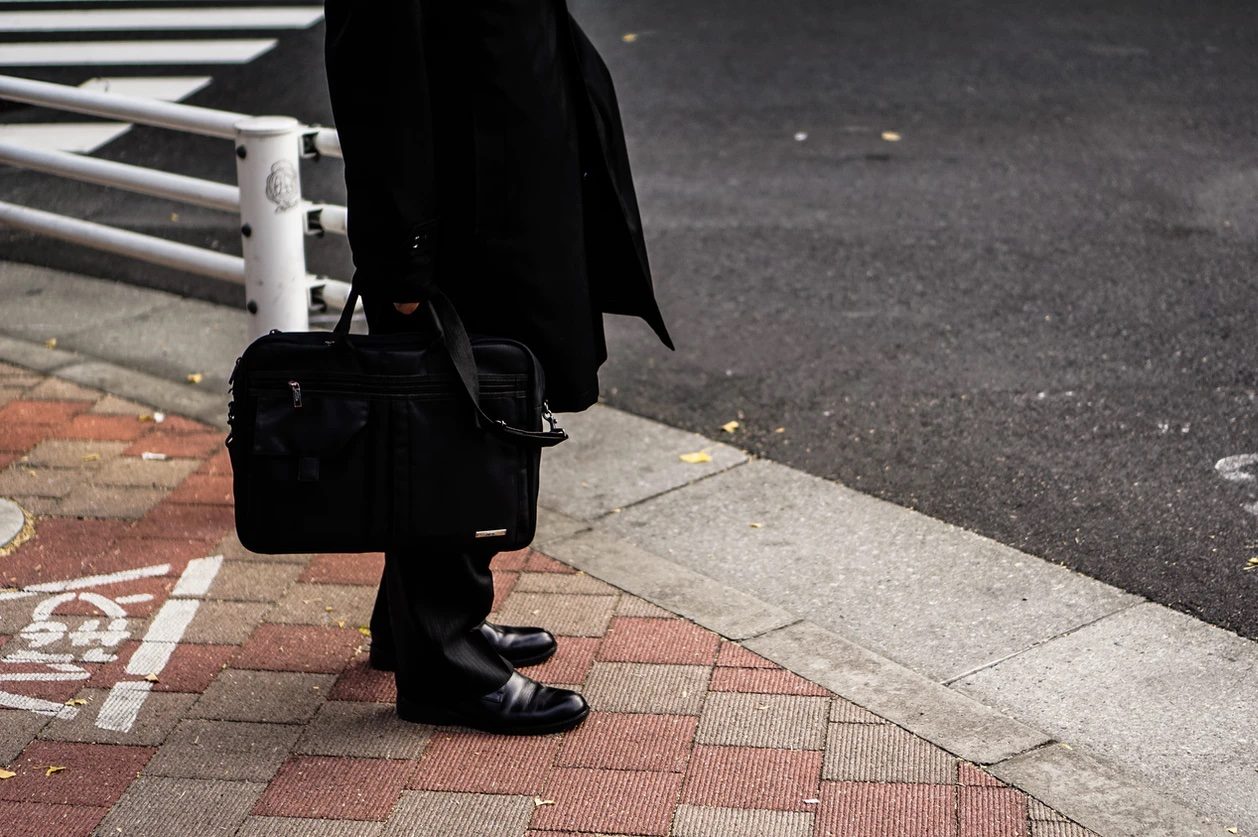Japan exists as one of the most beautiful and unique countries in the world, featuring pristine scenery, exquisite cuisine and unprecedented efficiency. One of the most notable aspects of Japanese culture, however, is its adherence to its oldest behavioral traditions, which emphasize politeness, discipline and diligence.
Although many tourists’ eyes may view this as another positive feature of Japanese culture, these long-standing traditions unfortunately flow into the country’s workforce, placing an intense amount of pressure upon both male and female citizens.
Consequently, Japan became the birthplace of karoshi (“death from overwork”), a word invented in the 1970s to describe deaths related to work-related stress and tension. Unfortunately, it’s still a common occurrence in Japanese life today, with roughly 1,900 people committing suicide in 2020 due to work-related problems, according to Statista.
Despite these statistics, Japan’s toxic work culture is deeply embedded into society to a point where it seems ultimately impossible for the county to ever change.
Origins of Japan’s Toxic Work Culture
Japan’s deeply conservative workforce originally stems from the Edo period, where the majority of the people in Japan adhered to the Bushido code of conduct. Originally tied to samurai culture, the Bushido code of conduct demanded obedience, loyalty and courage in the face of death.
Although it was forgotten for some time after World War II due to the negative connotation Bushido code had from being linked to the war, this code of conduct gained prominence once more during Japan’s economic boom in the 1980s.
In the midst of Japan’s economic growth, the Bushido code eventually came to represent a distinguished series of values that all of Japan’s workers were required to strive for: daily diligence, a devotion to excellence, meticulousness in an individual’s work and unconditional loyalty to one’s company or employer.
Even with Japan’s economy slowing down, the Bushido code is still emphasized and applied to all Japanese employees due to the nation’s yearning to be the best as well as its central fear of inflation. Overall, employees in Japan are expected to overly exert themselves despite few possibilities for promotion.
What It’s Really Like To Work In Japan
Many workers in Japan fall under the “salaryman” category, a term that typically applies to white-collar workers; the average “salaryman” usually works 80 hours or more each week, with many of those hours considered to be unpaid overtime.
Within Japanese work culture, there is an unspoken rule where salarymen are not only required to work until after the boss leaves, but many must stay to work until after their colleagues get off too. Since a worker’s chances of progression are mainly based on their work ethic and capabilities, there’s an unexpressed pressure for new employees to continue working to demonstrate their aptitude and loyalty to their company. Violating this practice would not only diminish any chances of a future promotion but would most likely cause an employee to become an outcast at work as well.
Along with the long work hours, most offices in Japan enforce a strict dress code and distinct business mannerisms or “etiquette.” Politeness is key, especially when meeting new clients. Having a business card is also important (since not having one would make an individual be seen as someone insignificant) and the process of exchanging one involves giving and receiving with both hands. There are many other business etiquette practices in Japan — with many of them being unspoken — involving greetings, meetings and even one’s seating in a conference.
Interestingly, salarymen are also expected to drink with colleagues after work. Although this can be seen as an opportunity to get loose and strengthen the camaraderie between co-workers, it is also seen as an opportunity for employees to climb the corporate ladder. Refusing an invitation would essentially be considered rude and insensitive by both the employee’s boss and colleagues.
Perhaps the most under-discussed subject when it comes to Japan’s work culture is the mistreatment of female employees. Although the country’s percentage of women who work has outgrown that of the United States, the patriarchal culture that is still prevalent in Japan makes it impossible for women to advance within any given career, especially when raising a family.
Female employees are not only widely underpaid, but a study found that a third of women working in Japan have sought mental health treatment due to sexual harassment, bullying and abuse of power by their superiors. Consequently, many women choose to drop out of the corporate rat race rather than climb their way up the ladder in the face of these discriminatory conditions.
Effects and Reform of Japan’s Work Culture
Japan’s toxic work culture has brought upon an epidemic of loneliness and depression across the country. Japan’s National Police Agency stated that a quarter of all suicides in Japan are related to work or financial problems, with salarymen facing financial pressures and resorting to using their insurance payouts from their sudden deaths as a solution.
Unfortunately, the country’s stoic nature prevents most citizens from seeking help or speaking out. It even took until the 1990s for depression to be recognized as a legitimate medical condition among professionals. Many people were simply told to get some rest and the same occurs even today.
Perhaps the country’s biggest concern is the decline in birth rates, with deaths in Japan now outnumbering births. Not only is this due to the lack of support for young people to start families, but workplaces are ultimately indifferent to helping Japanese employees balance work with their personal lives.
The government has attempted to solve these circumstances numerous times. In 2017, a campaign called Premium Friday was created, with its main purpose being to encourage people to relax a bit by allowing people to leave work by 3 p.m. on a designated Friday each month.
Although the idea of this campaign seemed great at the time, the initiative failed due to it not being mandatory. Consequently, many businesses and companies decided not to participate and those that did received complaints from workers saying they had to work on the weekend or another day to compensate for the work they missed.
The failure of Premium Friday ultimately demonstrated an irreversible fact: Toxic work culture cannot be changed or fixed with superficial strategies unless the culture itself changes. While there have been some companies that are now implementing new rules and regulations to encourage work-life balance, Japan will not be able to transform its toxic work culture until the country itself decides to finally make long-overdue improvements.


















Thank you for the interesting article. I’m currently also writing about the work environment of animators in Japan for my school research project. If at all interested I’d be thrilled if I got the opportunity to interview someone like yourself.